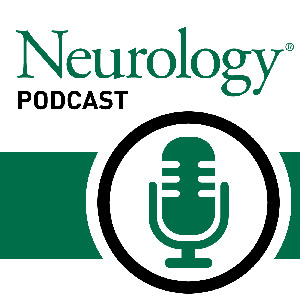Today, we give you our discussion with Drs. Kathleen Fuchs and Tony Stringer about the Minnesota Guidelines. Kathleen and Tony have served as co-chairs of the Minnesota Update Conference Steering Committee and have been intimately involved in the process that has led to the publication of the updated training guidelines for neuropsychology.
On July 1st, 2022, we released a conversation with Dr. Brad Roper on an introduction to the Minnesota Conference . That initial discussion has a lot of background about the initial conceptualization, planning, and organization of the Conference, so we suggest checking it out if you'd like more context.
Show notes are available at www.NavNeuro.com/176
_________________
If you'd like to support the show, here are a few easy ways:
1) Get CE credits for listening to select episodes: www.NavNeuro.com/INS
2) Tell your friends and colleagues about it
3) Subscribe (free) and leave an Apple Podcasts rating/review: www.NavNeuro.com/itunes
4) Check out our book Becoming a Neuropsychologist, and leave it an Amazon rating
Thanks for listening, and join us next time as we continue to navigate the brain and behavior!
[Note: This podcast and all linked content is intended for general educational purposes only and does not constitute the practice of psychology or any other professional healthcare advice and services. No professional relationship is formed between hosts and listeners. All content is to be used at listeners' own risk. Users should always seek appropriate medical and psychological care from their licensed healthcare provider.]




































